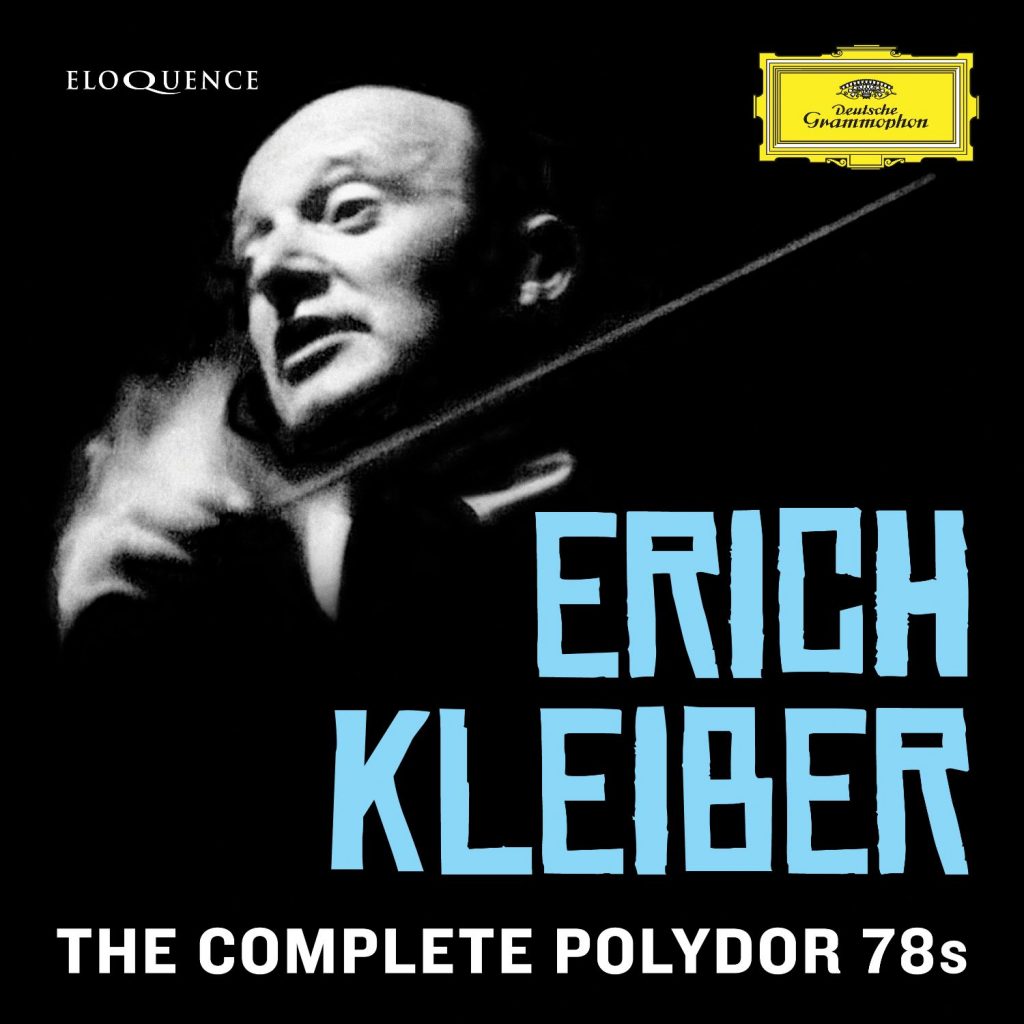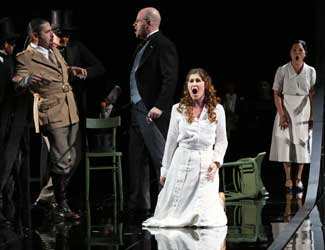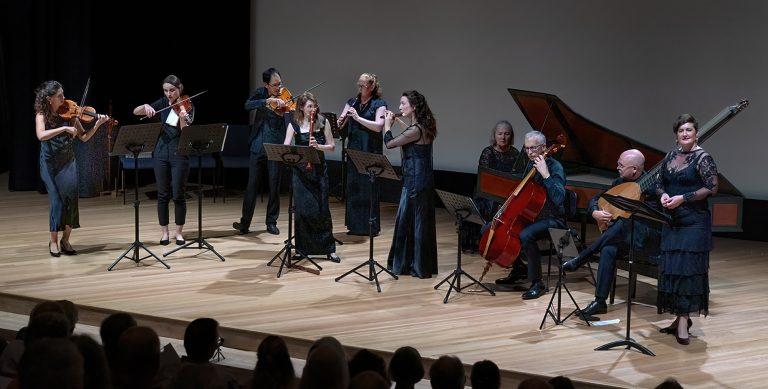Album Review: Erich Kleiber/ Staatskapelle Berlin/Berlin Philharmoniker/ Eloquence Remaster
Erich Kleiber/ Staatskapelle Berlin/Berlin Philharmoniker
The Complete Polydor 78s – 3 CD set (mono)
Eloquence remastering of DG 484 2049
Written by Randolph Magri-Overend
I am continually fascinated by the remastering of 78rpm disks into CDs. The improvements that studio engineers have developed and the sounds they can extract from pockmarked grooves and needle skids (more like nails than needles) are almost miraculous. The fact that they can’t translate those transfers and audio restorations into full-blown stereo is a minor inconvenience. It’s an art and people like Mark Obert-Thorn should be congratulated.
Obert-Thorn first came to prominence (as far as I’m concerned, at least) when he performed his musical surgery with the re-incarnation of several Naxos recordings. This 3-CD set from Eloquence incorporates music by Mozart, Beethoven, Schubert, Mendelssohn, Rossini, Berlioz, Nicolai, Strauss II, Smetana and Dvorák, all recorded between 1926 and 1929.
When re-inventing this album Obert-Thorn had no lack of challenges. The weakest part of the repertoire is Mozart’s Overture to Idomeneo, followed by his German Dances which open the first CD. Originally recorded in 1926, Polydor used the ‘Light Ray’ system of their American licensee, Brunswick. Alas, it produced ‘thin and distortion-ridden results and was abandoned the following year for the more natural-sounding Western Electric system’.
Other problems had to be overcome as well. Like a missing chord in Beethoven’s 2nd Symphony and a combination of dropouts in sound and several distortions. However, there’s a bonus: the1927 recording of Die Moldau from Smetana’s Ma Vlast was re-recorded the following year. According to Obert-Thorn ‘the principal difference in his [Kleiber’s second recording] interpretation was a notably increased tempo when the theme returns in E major’.
Erich Kleiber was a highly nomadic conductor (by the way he was the father of Carlos Kleiber). Born in Austria in 1890, he studied in Prague and started as a repetiteur and much later (1923) became the conductor at the Berlin State Opera. He resigned in 1933 in protest at the Nazis’ oppressive regime, and based himself in Buenos Aires. Principally, the Nazis objected to Kleiber’s championing of Berg’s opera Lulu. Nevertheless, he had a hand in the formation of the Royal Opera in London and on his return to the Berlin State Opera in the1950s, he again resigned when he had problems with the East German communist hierarchy.
He was a dynamic conductor of Mozart, Beethoven, Smetana and Dvoràk and he renewed his encouragement of Alban Berg by premiering Wozzek. He died suddenly in Zurich in 1956.
Kleiber’s energy was boundless. His interpretation of Mozart I found disappointing, but that is because of the lacklustre recording. His Beethoven, especially the finale of the 2nd Symphony, is superb, the scherzo from Mendelssohn’s A Midsummer’s Night Dream is excellent, the Carnival Overture by Berlioz is forcefully delightful and you can’t wish to hear a more superlative Symphony #9 ‘From the New World’ by Antonin Dvorák.
Very highly recommended!
About Randolph Magri-Overend
“When I first set foot on the Sydney Opera House stage to act in Boris Godunov in late 1979, I hoped my Nannu Gusi was taking note from up above. He was the driving force behind my love for classical music, especially opera. Since that first step I played out my fantasies many a time in other operas. At the time I was trying to make it as a classical singer…even a young Simone Young was my coach. But I was never successful and later in life I became a ‘disc jockey’ for the likes of Fine Music (amongst others). I also wrote reviews, programmes and wrote articles for their magazine. I hope I can share the joy I harbour for music with you.”







